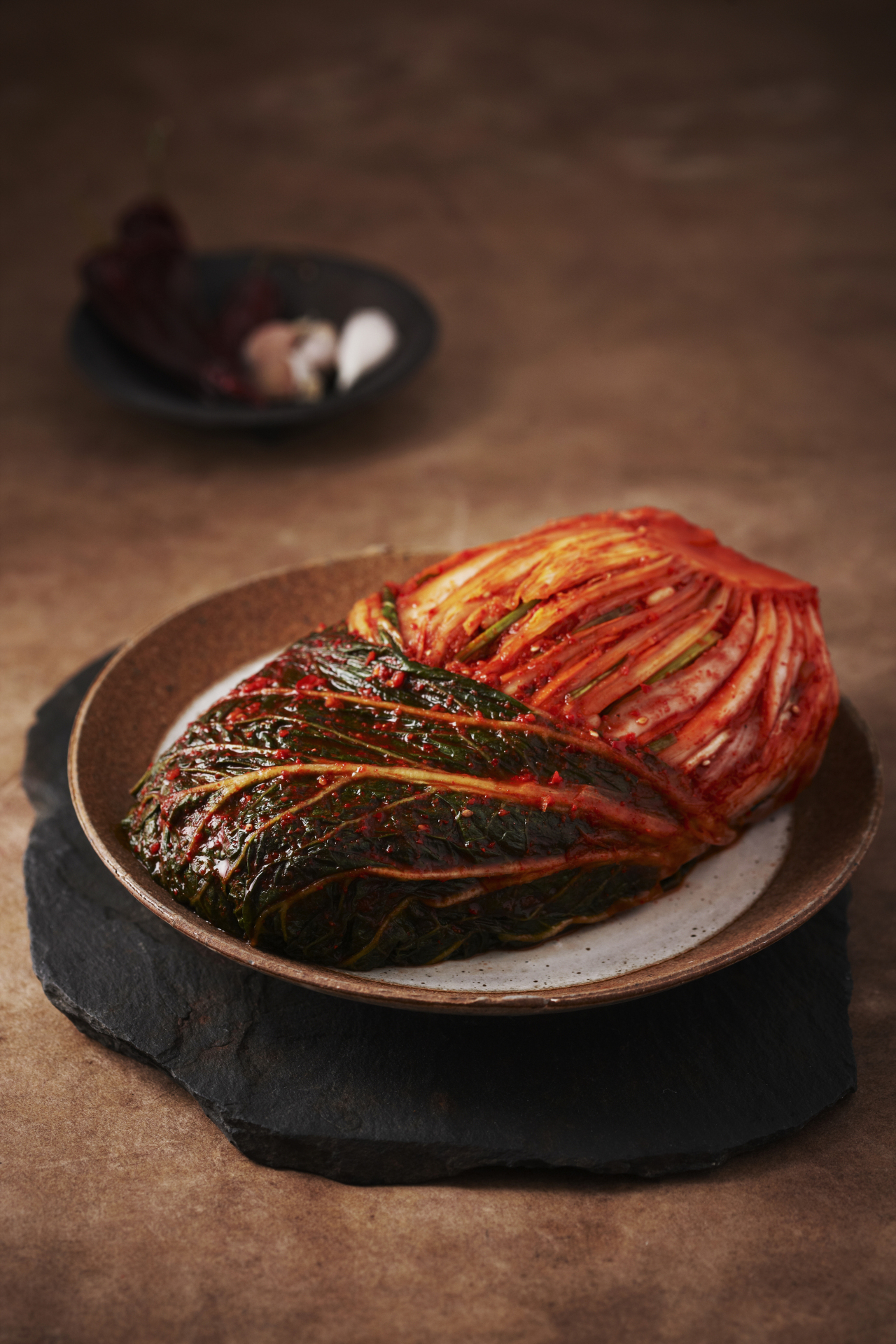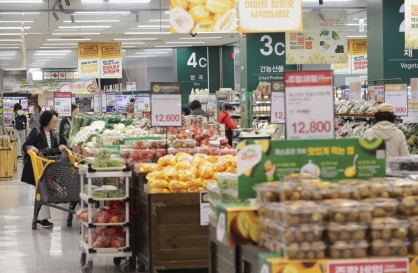Culture Ministry amends translation guidelines for kimchi
By Song Seung-hyunPublished : July 23, 2021 - 18:01

The Ministry of Culture, Sports and Tourism on Thursday announced that it had made some changes to the translation guidelines for kimchi, which were published in July 2020.
The new guidelines state that kimchi’s proper Chinese translation is “xin qi.” The ministry deleted a part that said “pao cai” -- a pickled vegetable dish eaten in China -- is an acceptable translation for kimchi, as it is the name that is already widely used in China.
The amendments came after Chinese media claimed that kimchi originated from pao cai, which caused an outcry over the translation guidelines among Koreans. In response, the Culture Ministry announced it would change the guidelines in January.
In June, Naver’s V Live came under fire for translating kimchi as pao cai in an episode of BTS’ variety program “Run BTS!” At the time, Naver explained that the translation was in accordance with the Culture Ministry’s translation guidelines.
The ministry said that it has reflected opinions from those in the local food industry, as well as research results from the Ministry of Agriculture, Food and Rural Affairs, and selected xinqi as its official translation for kimchi.
It added that the word was considered appropriate as the pronunciation is similar to the Korean word kimchi and means that both spicy and amusing, which the ministry says is an adequate description of the Korean traditional dish.
The guidelines are only recommendations and private companies don’t have to follow them, the Culture Ministry added.
Another change that was made to the guidelines was sundae and seonji, which is a Korean blood sausage.
The original guidelines said that the acceptable translation is “blood sausage” or “blood cake,” but the Culture Ministry cited feedback that the translations could be uncomfortable for foreigners unfamiliar with the food, so changed the names to “sundae” or “seonji.”



![[KH Explains] Will 6-day workweek for executives help Samsung avert crisis?](http://res.heraldm.com/phpwas/restmb_idxmake.php?idx=644&simg=/content/image/2024/04/21/20240421050096_0.jpg&u=20240421164408)


![[AtoZ into Korean mind] Humor in Korea: Navigating the line between what's funny and not](http://res.heraldm.com/phpwas/restmb_idxmake.php?idx=644&simg=/content/image/2024/04/22/20240422050642_0.jpg&u=)





![[Herald Interview] Why Toss invited hackers to penetrate its system](http://res.heraldm.com/phpwas/restmb_idxmake.php?idx=644&simg=/content/image/2024/04/22/20240422050569_0.jpg&u=20240422150649)






![[Herald Review] Xdinary Heroes kicks off five-month-long project with solo concert, teases new album](http://res.heraldm.com/phpwas/restmb_idxmake.php?idx=652&simg=/content/image/2024/04/22/20240422050539_0.jpg&u=20240422152154)
![[Today’s K-pop] Illit logs 100m Spotify streams with debut song](http://res.heraldm.com/phpwas/restmb_idxmake.php?idx=642&simg=/content/image/2024/04/22/20240422050650_0.jpg&u=)